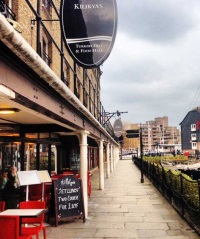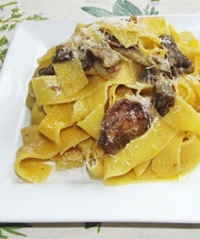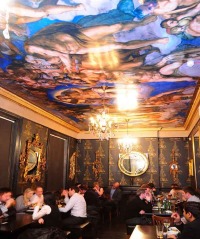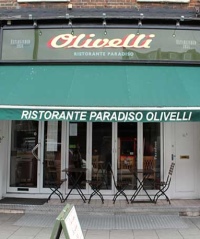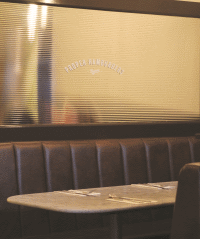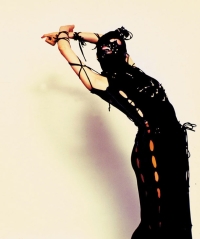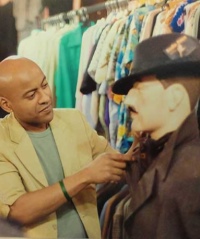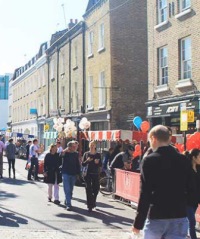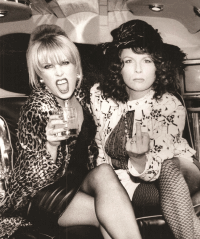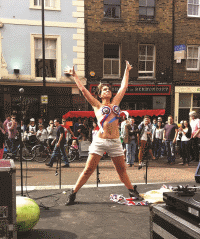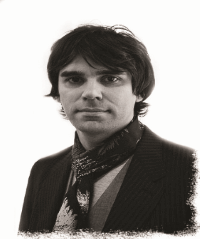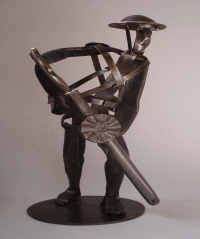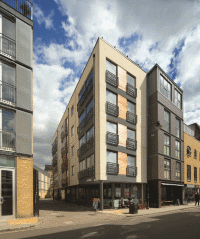callow’s self-professed task was to “convey the flavour of one of the most remarkable men ever to walk the earth.” And given that he’s played him, or one of his literary creations, on stage and on screen on countless occasions, Callow is the best person to tell the story of Charles Dickens’ dramatic life.
Maintaining a rip-roaring pace throughout, and deploying some delightfully flowery language along the way, this portrayal of Dickens is immensely readable.
Far from merely printing the legend, Callow is ready to acknowledge where the truth isn’t quite as outrageous as we might hope. Of an apocryphal story about Dickens’ mother having been out dancing the night before his birth, he writes: “diligent research has shown that the ball took place four days earlier, which only goes to show what a spoilsport diligent research can be.”
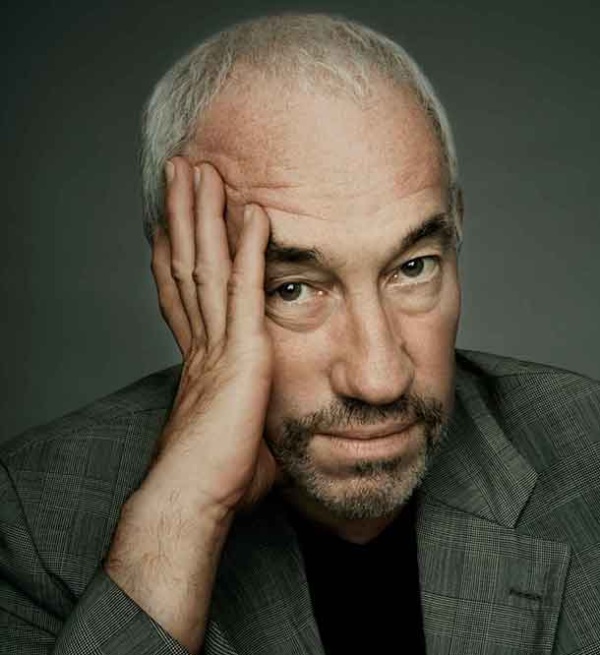
But the reality of Dickens’ childhood is remarkable enough. A particularly enlightening section explores the teenaged Dickens’ mentality as his father was incarcerated in Marshalsea Prison – a mere stone’s throw from Borough tube station – for an inability to pay his mounting debts. Moving into a grotty attic in Lant Street, and paying daily visits to the prison, Dickens was forced to forgo education and take a horrendous job at a blacking house on Hungerford Stairs (where Embankment Tube Station stands today).
Until then a relatively happy middle class boy, he became acutely aware of urban class distinctions, not to mention fiercely embarrassed of his own social status. Here Callow introduces the distinctive theme of his book – an exploration of Dickens’ deep connection to theatre. Discovering seeds of the young Dickens’ thespian qualities in the necessity of his adaptation to a new social reality, Callow writes: “He was learning to wear a mask, to conceal his inner life, to rise above his circumstances. He had always found acting fun; now he had to learn to do it in deadly earnest. This was character-building, in the most literal sense of the phrase.”
During this time, according to Callow, “his great consolation was to go down the Blackfriars Road of a Saturday night to seek out the travelling show-van… this carnival world of oddities and rejects now became part of his mental landscape.” Dickens was, it seems, exposed to the dramatic extremes of London from an early age. In fact, a large part of this biography is about Dickens’ connection to that great Victorian Capital, a city in which he spent formative periods of his youth.
“Dickens became fiercely embarrassed of his own social status
Besides that, Callow deals very well with the various other aspects of Dickens’ colourful life, ranging from his fractious relationship with various publishers, to his political views, his flirtations with mesmerism and early psychotherapy (including an amusing anecdote explaining how Dickens managed to accidentally hypnotise his unsuspecting wife); and, above all, of course, his love of theatre.
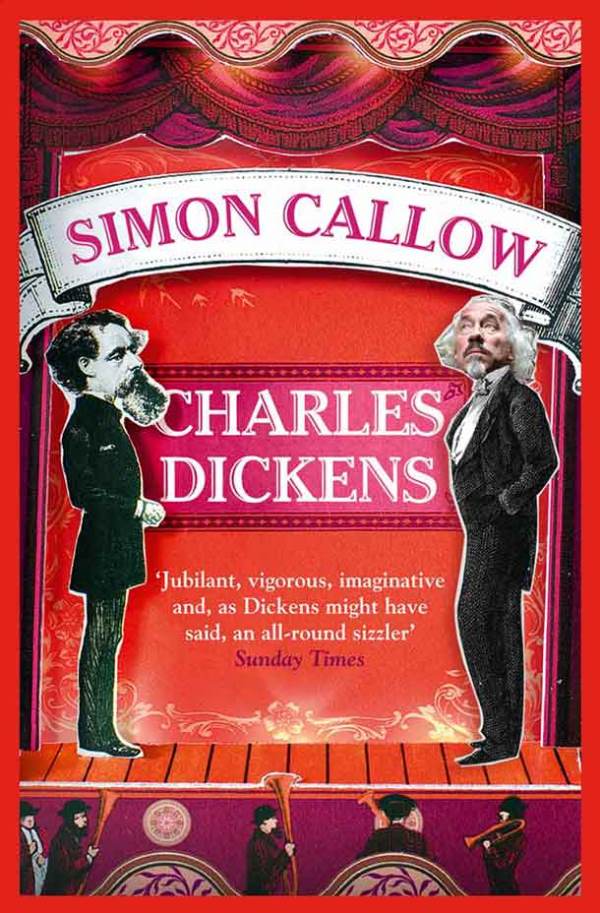
No doubt aspiring young thespians could learn a lot from studying this biography, especially the sections detailing Dickens’ astounding performance abilities. Students of literature, too, might consider the theatrical practices which found their way into Dickens’ writing, most notably in the form of the “streaky bacon” method – which contributed to the huge success of his novels – whereby comic scenes are interspersed evenly between tragic ones.
There is something admirable and, of course, genuinely entertaining about this actor’s attempt to channel the vivacious spirit of such a well-studied icon, and to present us with an interpretation of his innermost feelings and motivations; to rely not just on that old spoilsport “diligent research”, but also to draw on reserves of informed imagination and sympathy. But it ought, of course, to be taken with a pinch of salt. It’s quite possible, after all, that readers of this book will find out significantly more about the author’s psychology than about that of his subject.
Charles Dickens by Simon Callow is out now in paperback, published by HarperPress (£8.99)
Pick up your copy at:
The Riverside Bookshop
Hay’s Galleria
London
SE1 2HD
t: 020 7378 1824
-
THEATRE of Food
Take a seat at Olivelli
Category: Food&Drink -
OUR GREAT British pubs
We explore some of the measures taken by traditional pubs to stay upright in the modern era of austerity
Category: Food&Drink -
PAPPARDELLE with white truffle and dried mushrooms
From Fine Foods, SE1
Category: Food&Drink -
TURKISH delight
Tower Bridge, London's gateway to exotic foods is explored
Category: Food&Drink -
VINTAGE Style
The eternal appeal of nostalgia is vividly explored
Category: Style -
HELLO My Name is Paul Smith
The Design Museum recreates the life’s work of an iconic British designer
Category: Style -
ZANDRA RHODES Unseen...
Celebrating The 10th Anniversary of FTM
Category: Style -
The London Bridge Quarter
Rejuvenating one of London’s oldest areas
Category: Style -
Bermondsey Street FESTIVAL
21 September 2013 - Save the date!
Category: Culture -
CRACK COMEDY'S Edinburgh Fringe Previews
Bringing the festival to your front door
Category: Culture -
SUMMER in the City
Top ten things to do in London this summer
Category: Culture -
CHARLES DICKENS by Simon Callow
The Great Theatre of the World - A book review
Category: For The Soul -
TRAINING Outdoors
Fitness anywhere, anytime
Category: For The Soul -
The MANNA SOCIETY
Helping the homeless
Category: For The Soul -
POETRY
In this edition, we have a truly eclectic selection of poems from Greta Bellamacina and Lex Avis. Enjoy!
Category: For The Soul -
STATE OF THE ART and Flexible Office Space
The thriving environment of Renaissance Works
Category: Property -
HISTORY in the Making
Extracts from 'The Local History of One Tower Bridge'
Category: Property -
Handcrafted KITCHENS
Lift your home with ethically sourced materials and a bespoke design
Category: Property

